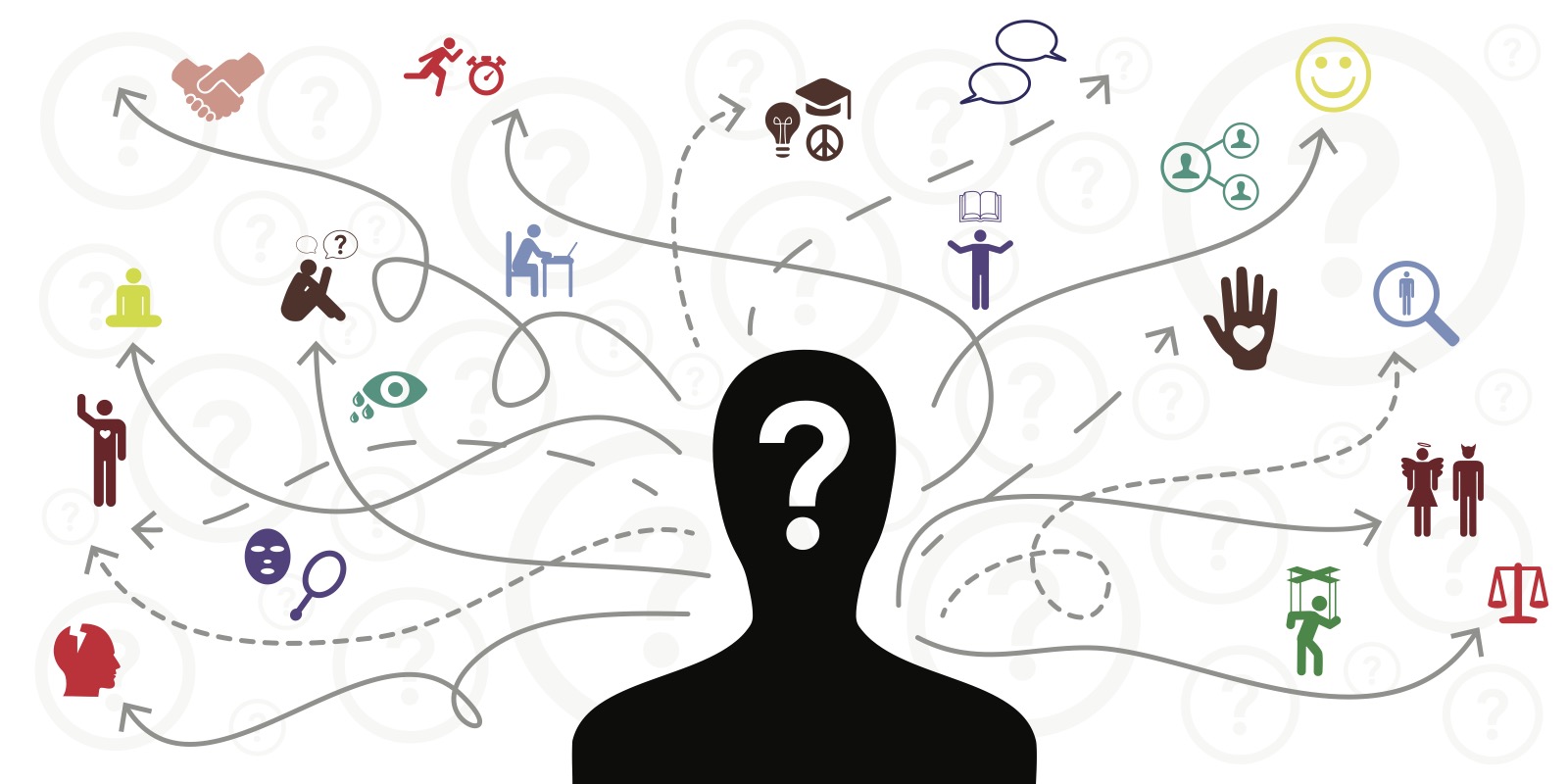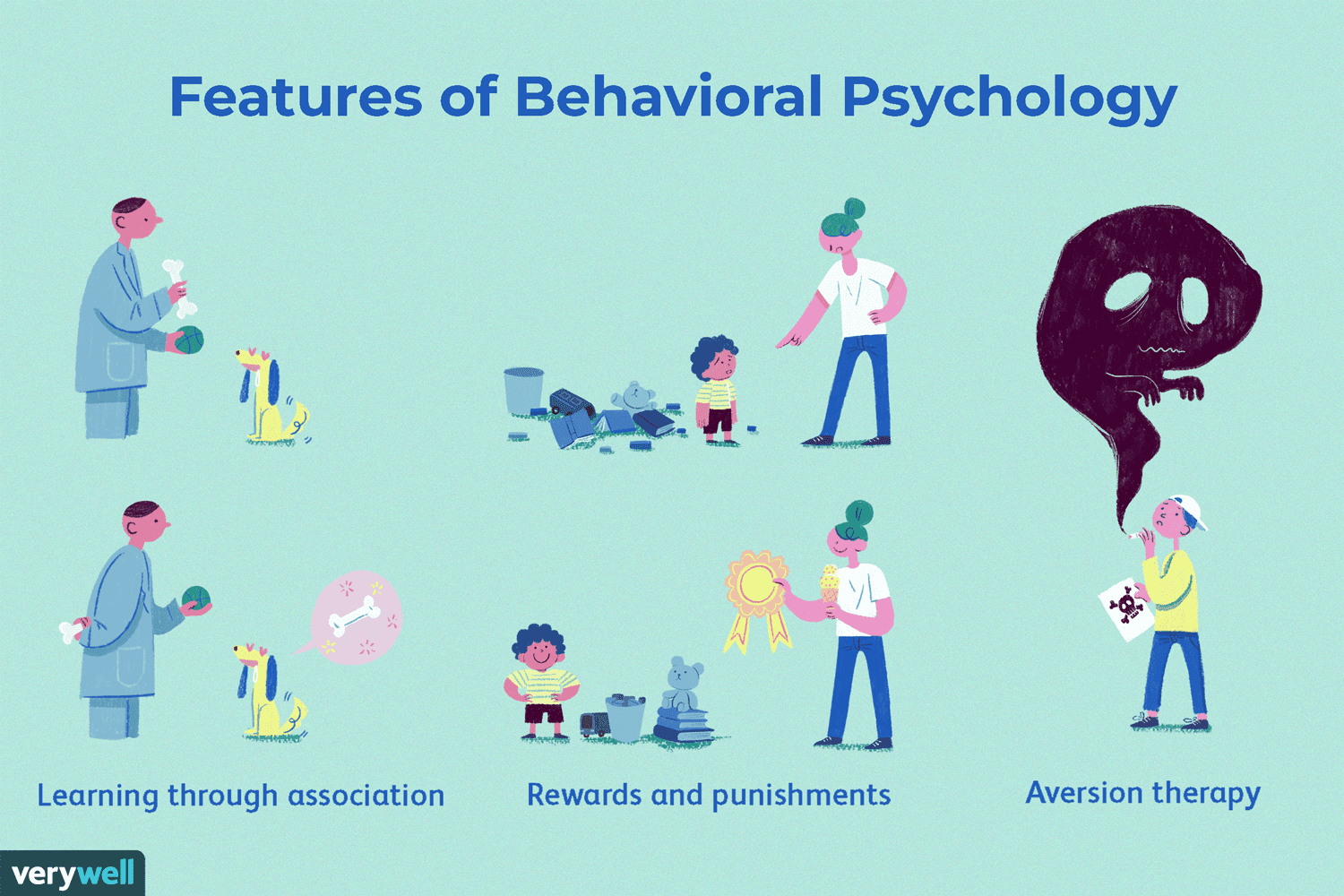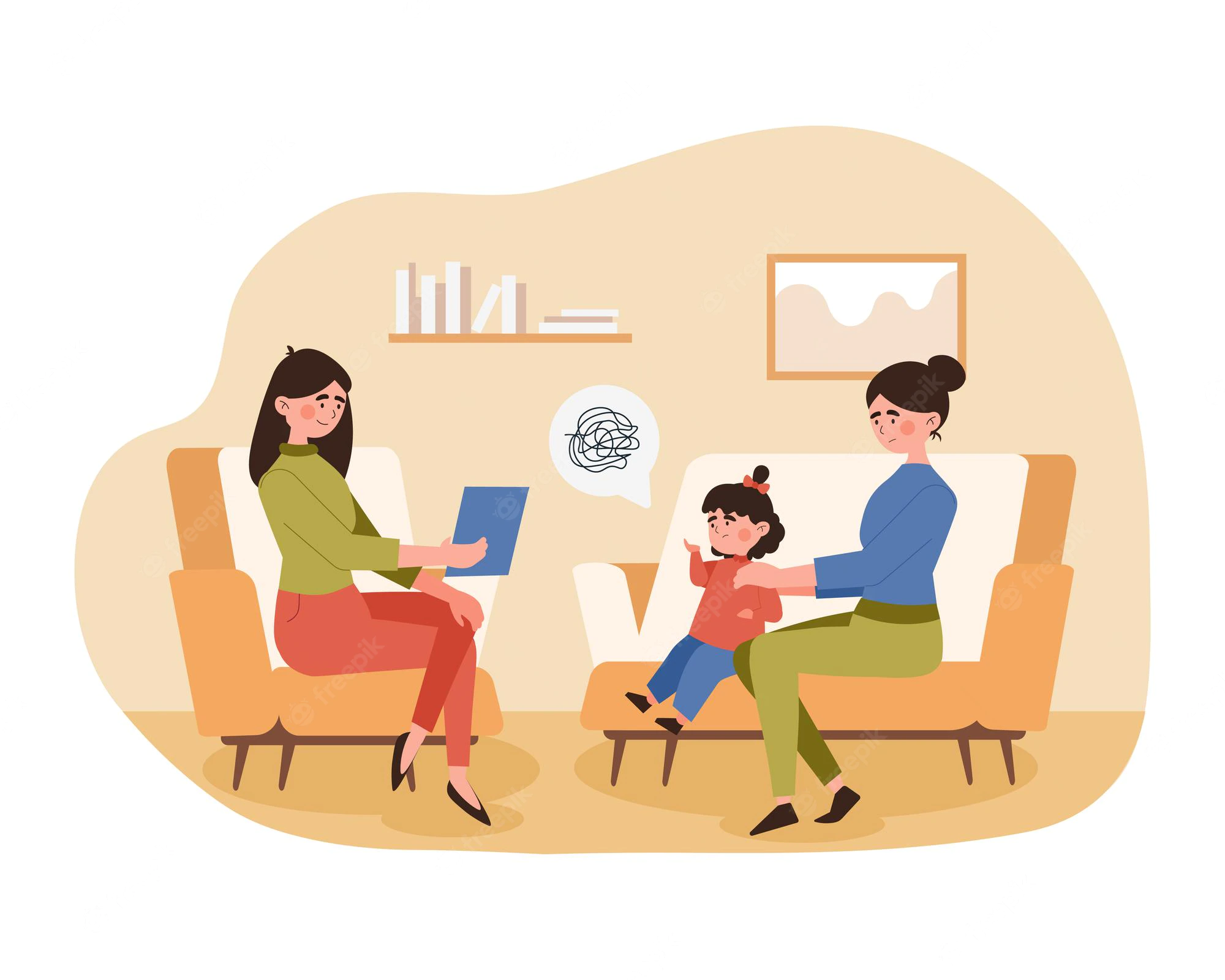By Andreas Gkoumplias,
In our day and age, one of the most talked about theories that also became one of the main currents of psychology and later on was applied to teaching, as a way to better understand and adapt to each individual’s needs, is the theory of behaviorism. To better understand how that worked out, however, and how it has affected and helped modern-based education, we have to start by giving the definition of it.

Behaviorism or alternatively behavioral psychology dictates that every behavior that a person has is directly associated with conditioning, which follows after interaction with the environment. So basically, all the behaviors that people tend to have and their response to the stimuli created by their respective environments. To put that into perspective, scientists in that field of expertise do believe that every person is capable of behaving in a certain way or performing a certain action (that, of course, does not exceed his physical capabilities) if they are conditioned enough and for enough time.
Now, the question is; what does this have to do with modern education? How can behaviorism affect it in a positive way and how can it become a useful tool in the hands of teachers? Well, for starters, the way behavioral learning functions by motivating and helping students, even rewarding them, for responding correctly to the right stimulus. Essentially, the teachers are showing the students (who function passively in this process) how they should respond to the stimuli and if they do this correctly they are rewarded for it. We have to keep in mind that the key element is this process is the reward; providing an incentive for the student to act in a certain way. If a student responds correctly to the stimulus but is not rewarded efficiently, he will run out of incentive and will be less likely to continue responding correctly in the future.
There are various techniques that can be employed, say in a classroom, to apply behavioral learning. The aforementioned positive reinforcement is one where the person responding correctly to the stimuli gets a series of rewards, ranging from verbal praise to classroom privileges and more. Another useful technique is regular reviews, practically having frequent revisions inside the class and enhancing that by giving positive feedback to the students that retain/have retained information better. Although that can sometimes be unfair, due to the fact that not all the students have the same memory capacity or memory capability to remember information ‘’by heart’’, it is nonetheless a solid way of applying behavioral learning. A third one drills inside the classroom. A practice where the teacher uses various drills or exercises to help students remember information, mostly via patterns.

Why is behavioral learning so important? Although it has been criticized a lot, as a way to enhance learning, behavioral learning still remains a useful tool for all teachers. Not only does it allow them to better help students via showing them various methods, and various ways to respond to stimuli, but it has also been a huge help to dealing with students that are either ‘’troublemakers’’ or not so interested in paying attention in class or having various difficulties learning or remembering information. Because for the most part behavioral learning abstains from the classic, teacher-centric and monotonous way of consuming and reproducing information and it actually includes new and different ways of learning and remembering things it can actually have a great impact on children and could change and impact the way they view either a simple task or a more complicated one.
References
- Behavioral psychology. verywellmind.com. Available here
- Behaviorism goes to school. newlearningonline.com. Available here




